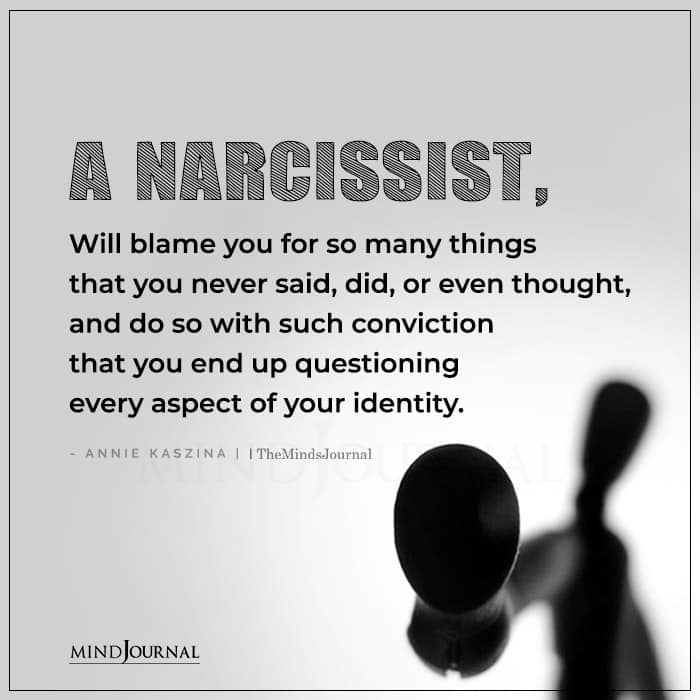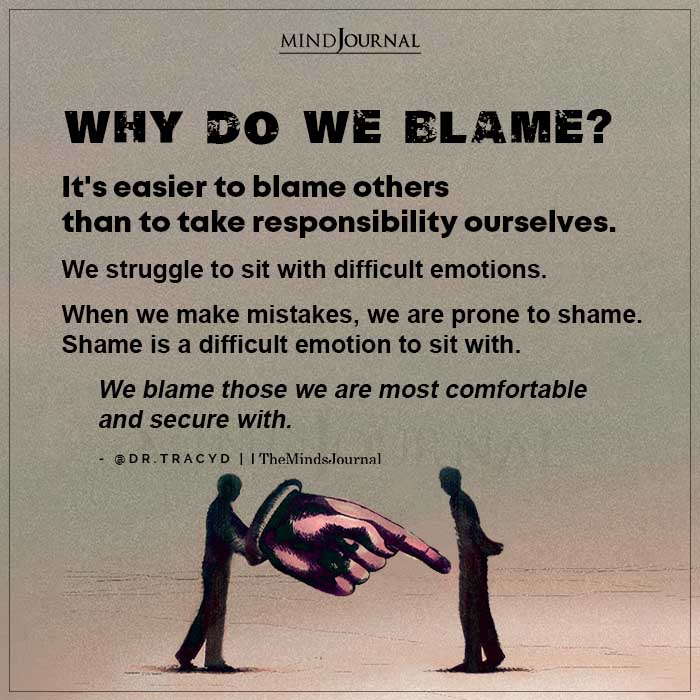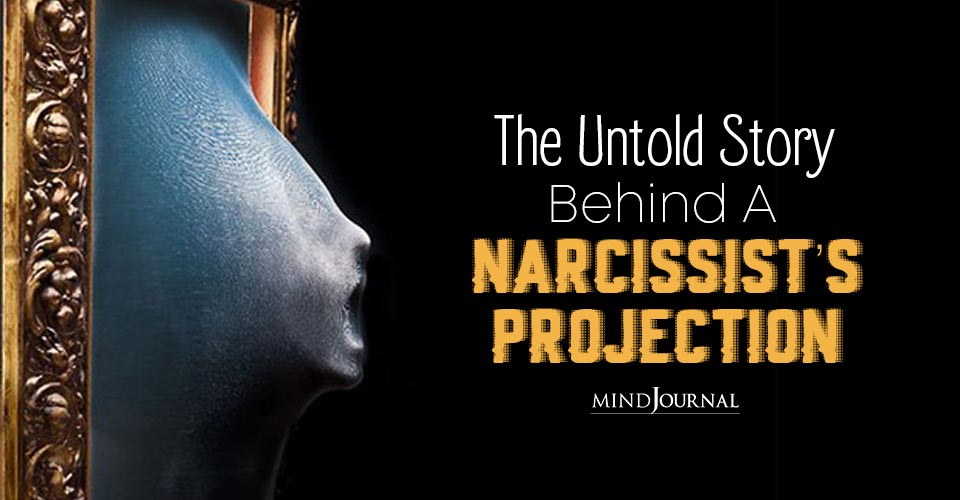“Narcissistic projection is psychological manipulation to deny their own faults as they can never be held accountable, instead they accuse those around them.” – Elizabeth Shaw
Have you ever been told by a narcissist that you are too self-centered, or has a cheating partner accused you of sneaking around? We’re discussing the narcissist’s preferred defense mechanism. You probably guessed it. Projection. Did you know there are different kinds? I will explain the two types of projection and what this defense protects the narcissist from.
They’re concealing something, even from themselves, and it’s probably more severe than you realize. Do you remember the scene at the end of Titanic where Rose clung to the door to save herself from drowning?
That is how a narcissist clings to defense mechanisms like projection. As much as I hate to say it, if you’re stuck with a narcissist, you’re not Rose. You are Jack. There’s no room for you. I realize that was harsh. It’s also true. I’ve been there and nearly drowned from the emotional mess caused by some very toxic hope.
We’ve already discussed projection as a defense mechanism, a Freudian concept. Freud believed that people use projection to protect themselves from things they can’t handle. Projection is one of many defenses in a narcissist’s arsenal, but it is the most common. Narcissists aren’t the only ones who use projection. Everyone does.
After The Dust Has Settled, A Narcissist Will Double Down.
It’s just that someone who isn’t a narcissist will eventually reflect on themselves and realize they need to heal. It may take some time, but most people eventually arrive. Just because you notice someone using projection and it’s obvious doesn’t mean they’re a narcissist. Just watch how they react when you call them out in the heat of the moment.
Anyone can maintain their momentum, but does it appear that they can self-reflect when things calm down? If that’s the case, this is probably the last time you’ll have to deal with that projection because they’re now aware of it. A narcissist, on the other hand, will double down even after the dust has settled in the argument, claiming that it wasn’t them, it was you, period.
The first and most common type is an outright accusation. This could be an accusation of something. The narcissist is, for example, a cheater. It could represent apprehension about what others think of them.
For example, if their biggest fear is that people will think they’re poor, or freeloaders, they’ll project that onto you. This could be something true about you, or it could be entirely out of the left field. When something is so far off the mark, it’s extremely perplexing at first. However, once you understand projection, it becomes much clearer.

The Narcissist Can Also Effectively Change You Into Them.
The second projection type occurs when the narcissist effectively transforms you into them. It’s when they purposefully cause what’s known as reactive abuse to make you look like the bad guy.
Reactive abuse occurs when a narcissist pushes a person to their breaking point. We all have one. This is when you may act entirely out of character, making you appear to be the abusive one.
However, even if it appears to be abusive on the surface, reactive abuse is not abuse. It is, as the name suggests, a reaction to abuse. Still, the behavior or reaction may be unacceptable, and we are always responsible for our actions.
Even so, the reaction does not make you the abusive one. If you take the bait, this intentional triggering is a form of projection that you’ve accepted as your own. It’s also the most giant charade that narcissists can put on. Unfortunately, because they know your triggers and have you feeling emotionally tethered to them, they’re very good at getting you to react.
Because your reactive behavior is out of character and appears out of control, you feel bad about yourself, don’t you? That is the narcissist projecting their feelings onto you.
On the surface, the narcissist’s behavior is obvious. They’re cheating, so they accuse you of it. They’re abusive, so they’re experts at creating situations where they can play the victim and point the finger at you. I’m not abusive, you see. You are. We know they’re hiding their ugly feelings because those aspects of themselves don’t support their false persona.
As I previously stated, there is more to it than that. It’s not just the behaviors they’re hiding; it’s the shame they feel behind it.
Related: Narcissist Projection: Why Do Narcissists Project Their Wounds Onto You?
Every Narcissist’s Dirty Little Secret Is Shame.
Shame is the ugly secret that every narcissist keeps hidden, not just from the rest of the world, but also from themselves. One widely accepted theory is that the narcissist was shamed and humiliated as a child by beautiful parents and possibly by bullies on the playground. They were humiliated for their actions, personalities, and emotions.
As a result, they learned at a young age that feelings are punished, but power and control are not. The narcissist never learned the tools required to regulate those negative feelings. That is the difference between shame felt by a narcissist and shame felt by anyone else.
The narcissist literally can’t handle it, so they push it down as much as they can and cultivate a false persona free of shame, but it doesn’t work. Shame will always rise to the surface, and it can be pretty intense at times. As adults, narcissists will rage whenever they feel shame, but before and during the rage, they will project.
Consider subtle projection, such as a narcissist’s method of concealing their shame between fits of rage. In my opinion, shame is the most misunderstood emotion.
Some people associate it with guilt. Some people mistake it for embarrassment. It is neither of these things. I believe this is where we should all pause and credit Brene Brown for shining a light on shame. I love how she frames shame versus embarrassment, and I believe it tells us everything we need to know about this dangerous emotion.
“Embarrassment is a fleeting feeling of discomfort. What distinguishes embarrassment from shame is that when we do something embarrassing, we know we’re not the only ones who have done it. Shame makes us feel completely alone.”

You Fight, But They Can’t.
There is a distinction to be made between shame and guilt. Guilt occurs when you feel wrong about something you’ve done and recognize the behavior as wrong. Shame occurs when you recognize that you are wrong. The difference between “I did something awful” and “I am awful.”
Narcissists are less likely than the average person to feel guilt or embarrassment, but they feel shame. Because they’ve never developed the tools to deal with shame, they treat it as if it were a foreign invader threatening their way of life.
What do you do when you’re being invaded? You fight, but because they can’t fight themselves, the narcissist ends up fighting you. You are the problem, and you should be ashamed of yourself. This manifests as narcissistic rage, and it seeps into daily life.
If you’ve ever experienced shame, you know it can be a rollercoaster ride. It can be small and manageable at times, but it can also be overwhelming.
However, the level of anger and protection you’re experiencing from the narcissist is directly related to the level of shame they’re feeling at any given time. I can’t talk about shame and narcissism without mentioning the distinction between vulnerable or covert narcissism and grandiose or overt narcissism.
Related: What Is Narcissist Projection: 5 Techniques They Use To Manipulate People Around Them
The Sensitive Narcissist Feels More Shame Than The Grandiose Narcissist.
We know that these types of narcissism exist on a scale, and a vulnerable narcissist may exhibit grandiose tendencies and vice versa. However, one study found that the vulnerable narcissist is more in touch with their shame than the grandiose narcissist.
I’d like to emphasize that this does not necessarily mean that the grandiose narcissist is free of shame, but they are more protected from it in both cases.
If you shame either type of narcissist, expect rage and projection. However, the grandiose narcissist has developed a much stronger false and grandiose self, which can be thought of as a shield of armor. The bullets continue to strike, but they are unaffected by the pain. According to research, the vulnerable narcissist, on the other hand, is far more reliant on external validation.
For example, if they notice your disapproving expression, they are more likely to react than the Grandiose Narcissist. They’ll react with projection and possibly rage. You aren’t validating them is likely to activate their shame, whereas a very grandiose narcissist will feel like they’re flying so high above you that they may not even notice your disapproving glance.
They’re much better at validating themselves and aren’t interested in the opinions of lesser beings. If you elicit a shame response in a Grandiose narcissist, it will most likely appear as an annoyance, as if how could you think you’re worthy of an opinion of them at all?
Even if what you’re seeing is extreme arrogance, at the moment, they’re projecting shame onto you and passing it along like it’s a hot potato.
Have you ever tried to pick up a hot potato straight from the oven? It hurts, and you want to get rid of it as soon as possible. It’s similar to shame and other negative emotions.

I’m Subconsciously Projecting On You Because I Can’t Bear The Embarrassment.
Now that we’ve covered projection and the big secret narcissists are hiding behind their projection, let’s go over the only strategy that works to deal with it: refuse the hot potato.
Don’t accept what the other person is putting on you, and don’t become reactive. I know it’s easier said than done, but once you start identifying projection, it becomes much easier to remain calm rather than hearing the words as they’re said and understanding their true meaning.
For example, with projection, the translation for “you should be ashamed of yourself” is “I’m ashamed of myself, and I’m subconsciously projecting on you because I literally can’t handle the shame.” Just keep in mind that, by definition, the person projecting has no idea what they’re doing.
Related: Narcissist Projection: The Lethal Weapon Narcissists and Abusers Use To Manipulate Others
They’re projecting something they’ve buried so deeply that they’re not consciously aware of it. This is how projection affects you. The person projecting can be so convincing because they truly believe what they’re saying. Above all, if someone is making you feel a negative emotion, recognize that they are doing so and remain calm.
It isn’t always projection, but if you can stop being reactive, you’ll be able to see things for what they truly are. I know it can feel impossible at times because projection from a narcissist is frequently accompanied by narcissistic rage, which can be frightening and intimidating.
Want to know more about narcissistic projection and how to deal with narcissistic projection? Check this video out below!
Written By Common Ego Originally Appeared On Common Ego











Leave a Reply